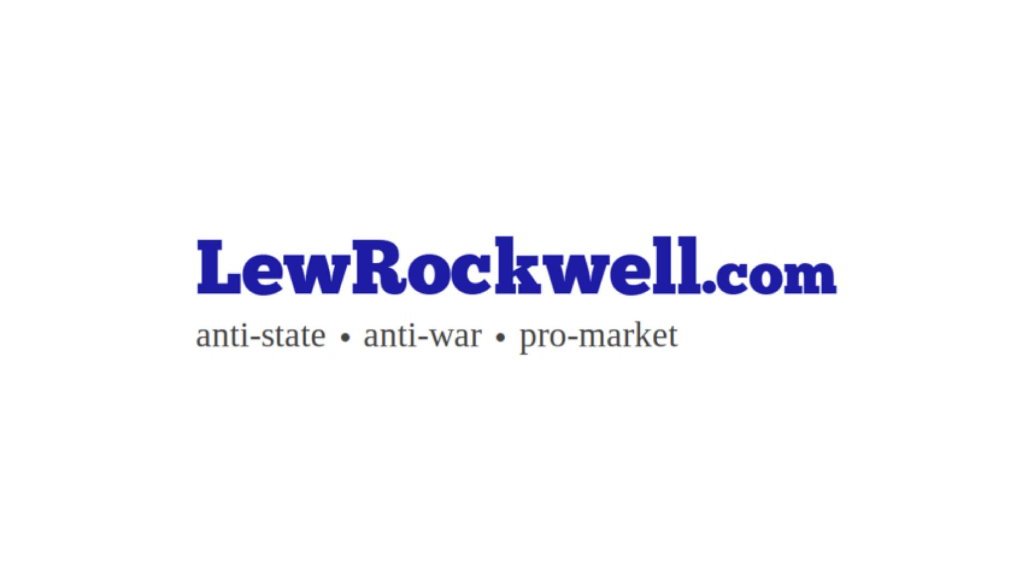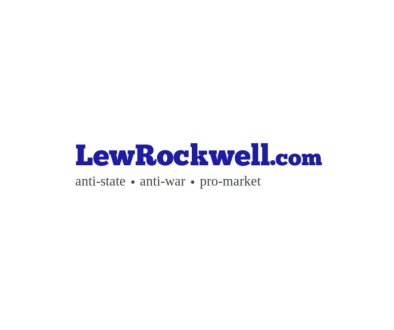U.S. Questions for European Governments – Another Wake-up Call
U.S. Vice President JD Vance has held up a mirror to Europe’s ‘elite’ which did not like to acknowledge what could be seen in it: Minions, a lot of minions.
“But our common values?” cried Christoph Heusgen, the chairman of the Munich Security Conference.
What values Mr. Heusgen? Those displayed daily, with your applause, by the European colonists in Palestine?
“Like a headless chicken,” is what the German broadsheet Frankfurter Allgemeine called the reaction of Chancellor Olaf Scholz. The descriptions fits to (nearly) all European leader.
Today U.S. Secretary of State Marco Rubio will meet Russia’s Foreign Minister Sergei Lavrov in Saudi Arabia. They will talk like grownups, EU be damned, and find ways to achieve peace in Ukraine and elsewhere.
The Europeans are aghast that they are not invited to take part in the talks.
But why would one invite parties to peace talks when they want nothing more than to sabotage those? The EU’s foreign representative Kaja Kallas, a former mayor of Baltic villages, dreams of breaking up Russia into smaller states. How could Russia ever seriously negotiate with such people?
Today the Europeans will huddle in Paris to find some, any, way to get out of the mess. It won’t work unless they acknowledge that the war in Ukraine has been lost.
The U.S. has recognized that there aren’t enough troops, money or will to achieve a better negotiation position for what’s left of Ukraine. The European ‘elite’ still fails to get that.
Any prolongation of the war will lead to more losses of land to Russia. Will it take the fall of Odessa for the European
Article from LewRockwell

LewRockwell.com is a libertarian website that publishes articles, essays, and blog posts advocating for minimal government, free markets, and individual liberty. The site was founded by Lew Rockwell, an American libertarian political commentator, activist, and former congressional staffer. The website often features content that is critical of mainstream politics, state intervention, and foreign policy, among other topics. It is a platform frequently used to disseminate Austrian economics, a school of economic thought that is popular among some libertarians.




